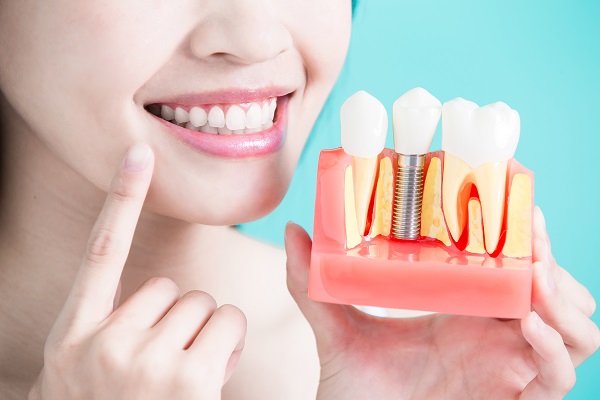Also, prefer the best Dental Implants Abroad that give you a beautiful smile. If you or your loved one has lost any teeth in recent years, then you must be looking for ways to replace those lost teeth. And one solution that has been immensely helpful over the years is teeth implants from Allure Dental. The primary purpose of tooth implants is to give you a permanent solution for tooth loss.
But, one common question dentists get asked quite often is how long do teeth implants last? The answer we give is between 20 to 30 years. However, several aspects can affect how well your implants look and last despite the long lifespan. These factors include:
Oral Health
Even without natural teeth, your oral health still plays a vital role in your dental implants’ appearance and lasting aspect, as you will still need your implants to look as natural as possible. Also, your gums need to be healthy for the titanium on the implants to fuse successfully. Your jawbone also needs to be dense enough.
Having excellent oral health helps to guarantee that both your gums and jawbone are in perfect condition. However, if your dentist discovers any signs of gum disease before your teeth implants are implanted, they will be immediately treated.
Another aspect to remember even when you have implants is that even though the ceramic crown and titanium are resistant to decay, the gum and teeth around the implant aren’t. You can protect the area surrounding your dental implants with excellent oral hygiene.
So, how do you care for your implants?
- Clean your implants at least twice a day
- Rinse your implants thoroughly with water
- For single implants, try to floss regularly
By cleaning your implants at least twice a day and flossing them regularly, you can reduce plaque buildup and keep your remaining teeth and gums healthy.
Lifestyle Choices
Your lifestyle choices can significantly affect the lifespan of your teeth implants, especially during the early stages of dental implant treatment. Your body requires sufficient blood flow directed towards the implant area to heal.
However, if you drink heavily and smoke excessively, that can significantly affect your blood flow and significantly reduce your chances for recovery. Smoking can also increase your chances of bacterial plaque around the implant area, leading to decreased oxygen amounts in your bloodstream.
This would mean that your gums won’t heal properly, and they could be infected. Drinking alcohol before your implants can cause blood thinning, which can cause your blood not to clot effectively.
Alcohol can also cause dehydration, potentially dry out your mouth and keep it from healing.
Medical Conditions
Certain pre-existing medical conditions can significantly impact the lifespan of your dental implants. For instance, a condition like diabetes can affect how long your dental implants can last before replacing them.
The key to maintaining your dental implants for a long time is to have your medical conditions in control. Medical conditions like a compromised immune system or diabetes make your jaw more vulnerable to infections. They can also limit your recovery time.
It’s also essential to make your doctor aware of your pre-existing medical condition before getting your implants placed. This will allow your doctor to develop a treatment plan tailored to your medical needs.
Damage or Injury
There are times when the limited lifespan of your dental implants can be beyond your control. While your teeth implants may be a permanent option, it’s important to note that they aren’t indestructible. Like your natural teeth, the ceramic crowns on the dental implants are also susceptible to damage and cracking.
Some of the ways your dental implant crowns can be damaged include:
- Eating chewy or sticky foods
- Facial injuries
- Opening bottles with your teeth
- Chewing complex substances like Ice
Even though your dental implants can withstand force and pressure, they too have limitations like your natural teeth. So, try to avoid activities that can damage your implants.
Where the Teeth Implants are Placed
The position your teeth implants are placed in also affects your implants’ lifespan. All your teeth have different roles and functions from speaking, chewing, eating, and biting. Every small activity your implants do will not only disrupt your implants; it can also dislodge them.
This is why it’s essential to always have a consultation with your dentist before your treatment, as this helps them determine the right place for your implants to go.
You have a role to play in maintaining your teeth’ implants. And, by learning what to avoid, you can make that happen.
































